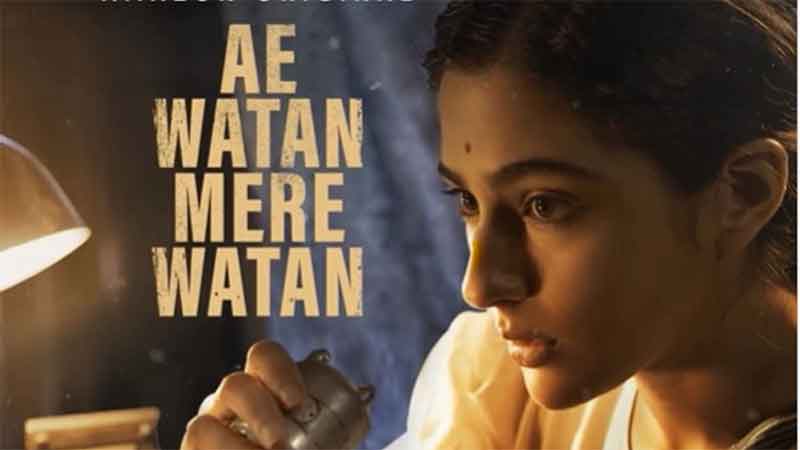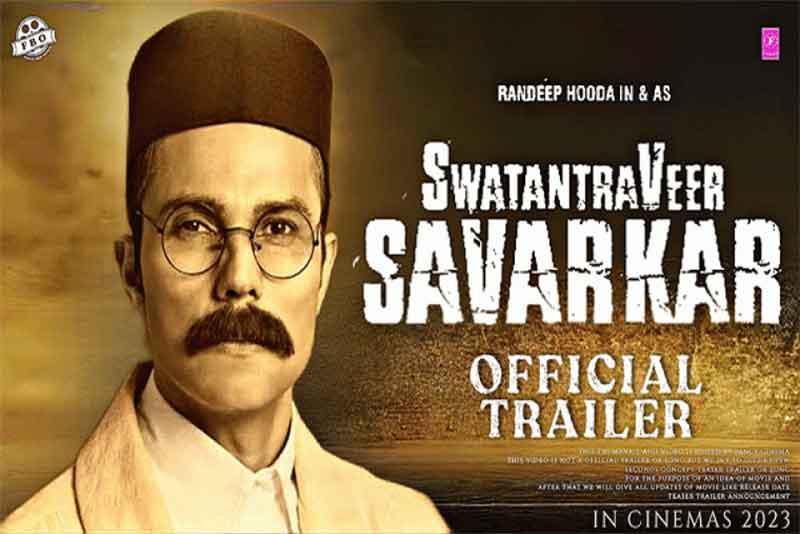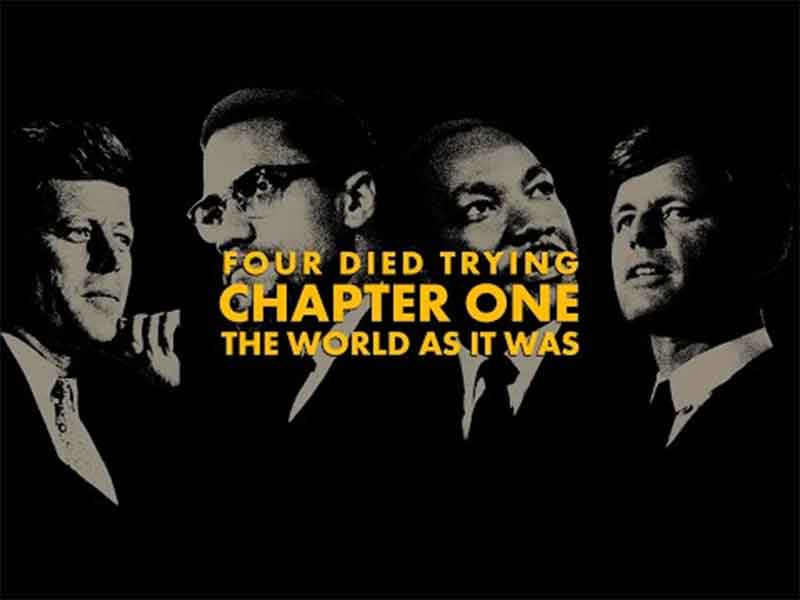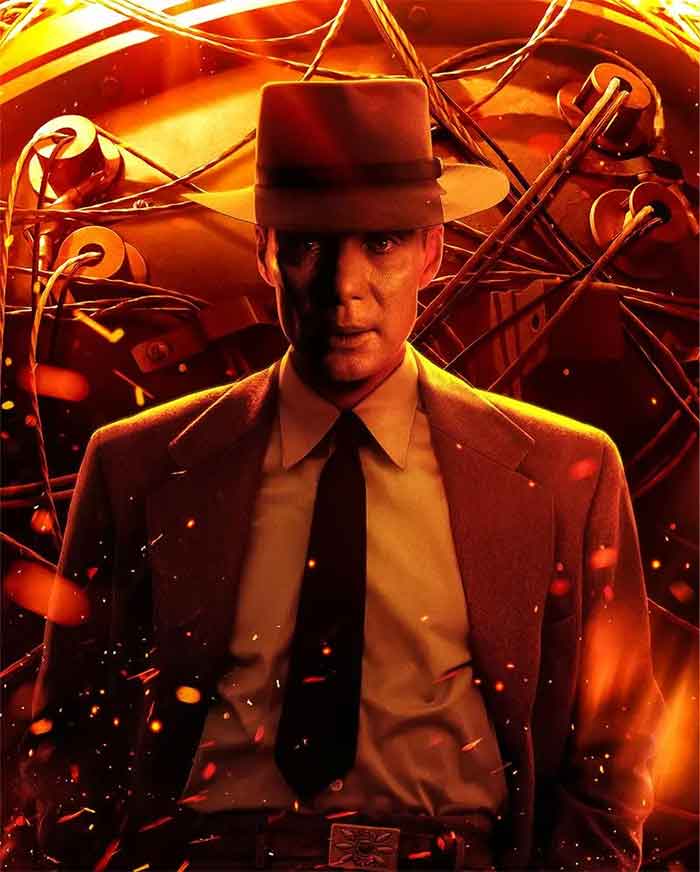The movie on Caste Discrimination in Cricket gives a bigger lesson on Republic Day as it brought the message of Babasaheb for the citizens of this country where Ram Mandir Inauguration took place.
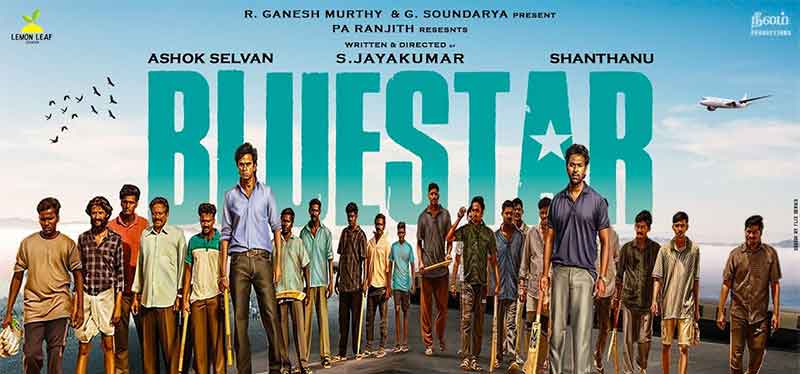
The last three days, since January 22, were not normal days for many citizens in the country with heightened contradictions and deep-rooted conflicts. Most places in the country witnessed the violent forms of these contradictions including Pune, Mumbai, Sangareddy, etc. Forcing citizens to chant Jai Shree Ram, Vandalizing Educational Institutions, attacking Muslims, hoisting flag in a church, became the political culture of the new country with the Fast Paced Hindutva State Project. This Project was effectively achieved by various means: Educational Institutions, News Media, Cinema, and etc. To reach a large audience in such a populated county, Cinema acts as a strong tool which provides audio and visuals for the ideas which are forced to be taken by the commoners. Whether it is information, or misinformation, or disinformation, Cinema is a strong tool to manipulate the concerns of the masses effectively as well as to showcase the reality enhancing the sociopolitical understanding of the masses. Understanding such a capacity of Cinema and Theatres, in the post Ram Mandir Inauguration period, I saw this movie Blue Star, exactly one day before the Republic Day of this Country.
The movie Blue Star featuring Ashok Selvan, Shanthanu, Keerthi Pandiyan and Bucks, is directed by S Jayakumar and produced by Pa. Ranjith under Neelam Productions. The movie which came exactly the day before the Republic Day of this country has a unique message for the fellow citizens of this republic. The movie is based on Arakkonam where there are two cricket teams Blue Star whose captain is Ranjith (Ashok Selvan) and Alpha Boys whose captain is Rajesh (Shanthanu). The way the director portrays the tensions between these two teams as well as between the captains where one is a Dalit Christian and other is a Caste Hindu is well balanced showing it in a simplistic and naturalistic tone. The conflict between these two cricket teams is well reflective of the conflicting social groups in the village. But there is a stronger system which is oppressing and discriminating against these two groups. How will the conflicting groups respond to this system which actually generates and sustains a much deeper structural violence against these communities? What does Cricket have anything to do with that system, conflict, or the Arakkonam itself? That is the movie.
The director was able to achieve the natural flow of the film because of the natural characters with simple backgrounds created by him. In that note, the Characters Emmanuel Anna (played by Bucks) and Bullet Babu are highly commendable. The strong characterization of Emmanuel Anna was further nurtured by the unique acting of Bucks who still is not out of our mind as a Batsman in Naduvula Konjam Pakkatha Kaanom film. Bucks (or Bagavathi Perumal) was able to succeed in taking the very critical and strong role in the film and shine among the Blue Stars. Though the “Bullet Babu” character is a very short one, that character also points out how the system is very alien to many talented persons who want to achieve something.
“Why don’t you play in India Team?”
“Because, it is India Team.”
This dialogue portrays the sad reality of whom we are showcasing as Indians and what we are showcasing as Indian History, Culture, and Traditions. Not only this dialogue, many dialogues in the movie are deeply political but conveyed in a simple language. The simple language taken by the movie acts as an excellent pitch for the emotional and comedy scenes with which it is easy to relate with the characters. One of the biggest challenges in taking a movie with a different time period is to provide the detailing with respect to that time period. When it comes to Blue Star, the 90s time period was clearly pitched with simple efforts like making Shanthanu singing “Ennai Thaalatta Varuvalo.”
Beyond Romance, Anandhi (Keerthi Pandian) makes a strong mark in the film by showing her interest in cricket in a much silent but deep way. This interest in cricket is also marked in the scenes where she advises the hero character breaking the normal woman characters of films which handle similar script. Taking other cricket movies in parallel, there is no other movie like this one, which strongly portrayed equal interest of women in sports where the script works around the teams of men. Blue Star didn’t confine Anandhi as a Cricketer’s Girlfriend as the script made herself a cricket enthusiast.
The Hegemony of the privileged castes in the system is also depicted in the earlier Tamil Film Jeeva which was featuring Vishnu Vishal. But Blue Star stands unique as it also portrays how Dalits, intermediary, and privileged castes were able to approach the system, in the context of cricket. Govind Vasantha Music adds more beauty to the romantic scenes and more intense to the game scenes. The movie opens with the Arakkonam song which was also mentioned by the lead actress of the movie, Keerthi Pandiyan quoting the lyrics in audio launch – “Cross your legs and sit, you belong to the clan of Ravana; It is your time to rise.”
One of the biggest images created by the Tamil Cinema is the purification and spiritualization of friendships, which is famous in the dialogues like “Uyir Kodukkum Nanban” (A Friend who gives his life). This spiritualization is broken in many films where conflicts lead to new dimensions and transforming of relationship, society, and structures (like in movies Thallumaala and Vikram Vedha). This idea of conflict transformation is also handled in the film Blue Star where they find the tensions of the conflict still present in their unity till the last shot, though Ranjith and Rajesh were always trying to accommodate everyone together. That is the reality which is well written as part of the Story by S Jayakumar. The film, rather taking Ambedkar as tokenism, seriously pointed out his ideas and his dreams along the storyline without disturbing the flow.
Thol. Thirumavalavan, General Secretary of the Viduthalai Chiruthaigal Katchi once said, “my fight is to join with you.” That was the dream of Babasaheb Ambedkar who wrote the constitution of this vast country of diversity with the dream of achieving a republic with Liberty, Equality, and Fraternity. The film Blue Star has clearly taken these three strong notions and also shown the deep interlinks between these notions. The Ambedkarite Vision of coming together as a community, as the people of India, as a single humanity is envisioned in the film. Rather portraying as antagonizing characters or groups, the Director showed his political maturity in bringing together as a community to fight the system which is under the hegemony of a very small but privileged group who have strong influences in social, economic, and political spheres. This vision of “Coming Together” of Ambedkar is reflected not only in the storyline but also through the Emmanuel Character in the film which is peaked when he patted Ranjith and Rajesh together who went inside the space which alienated them based on caste.
Interestingly, the film was released after three days of Ram Mandir Inauguration and a day before the Republic Day. On January 22, 2024, a lot of stars from the Malayalam Cinema Industry shared the Preamble of the Constitution. The constitution has the word secular in the beginning that is an important thing to remember on that day. But even before that, there is a phrase “We, The People of India”, which is critical because it sets the base to understand how to achieve the Secular Democratic Socialist Republic. Like Babasaheb said, “We are Indians, firstly and lastly.” This idea is showcased in the microlevel in the film where the cricket teams which were fighting among each other to prove they are the best in the town came together as a single team and made Arakkonam as the Best. That is the stronger message which the film tries to tell. Coming together, breaking the caste boundaries. At the macro level with current tensions related to Ram Mandir, the film stands as a lesson to the citizens of this country to come together as a community, breaking caste-religion-gender divides. Because, it is not Ranjith or Rajesh who won in the climax. It was Arakkonam which won at the end.
Athmanathan Indrajith is a postgraduate student in Jamia Millia Islamia University. His research interests include Periyar’s works, ecological issues, and peace-building.

